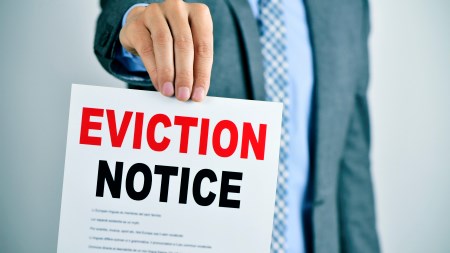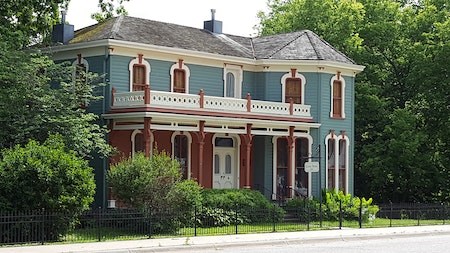Updated: October 2024 – Please see updated article link here.
The Rental Housing Act (50 of 1999) (RHA) stipulates that landlords can oblige tenants to move out before the end of the lease period under the following circumstances:
If tenants breach the terms of the lease and fail to remedy this breach within the required timeframe.
If the terms under which the landlord may terminate are stipulated in the lease and do not constitute an unfair practice.
The Prevention of Illegal Eviction and Occupation of Land Act 19 of 1998 (PIE) Act also protects tenants against unfair practices, and landlords must follow the letter of the law.
For an eviction to be lawful it’s essential that landlords follow the tenant eviction process prescribed in the PIE Act. An attempted eviction that is carried out incorrectly will result in costly delays. At worst, the landlord could be imprisoned for flouting the law.
Eviction process
An Application for Eviction is issued out of a High Court or a Magistrate’s Court, asking for the eviction of the tenants. The application contains a short affidavit outlining the details and annexures such as the lease agreement.
The application is served upon the tenants and the municipality in which the property is located.
The tenants have five business days in which to oppose the application. In most cases, this does not happen. After the five days have elapsed, an Ex Parte Application - an application to court without giving notice to the tenants - is brought immediately. The court orders how the requisite notice in terms of the PIE Act is to be served.
The court order and the PIE notice are then served upon the tenants and the municipality.
In terms of the PIE Act tenants have 14 days in which to respond to the court order and notice.
If there is no response after 14 days, the matter is then heard by the court and an eviction order may be granted.
The eviction order can order the tenant to be evicted immediately. However, the order usually grants tenants 30 days to vacate the rental premises. If they fail to do so in this timeframe, the Sheriff of the Court can evict them.
Time and money
The eviction process can take from 14 days to several months, depending on the specific circumstances.
An unopposed eviction usually costs between R12 000 and R20 000 in legal fees plus disbursements. The cost of an opposed matter will be substantially more.
The legal landscape is complicated and due diligence must be carried out before any evictions are made. And on no account may landlords or rental agents lock delinquent tenants out of the rental property or change the locks so that tenants cannot enter.



